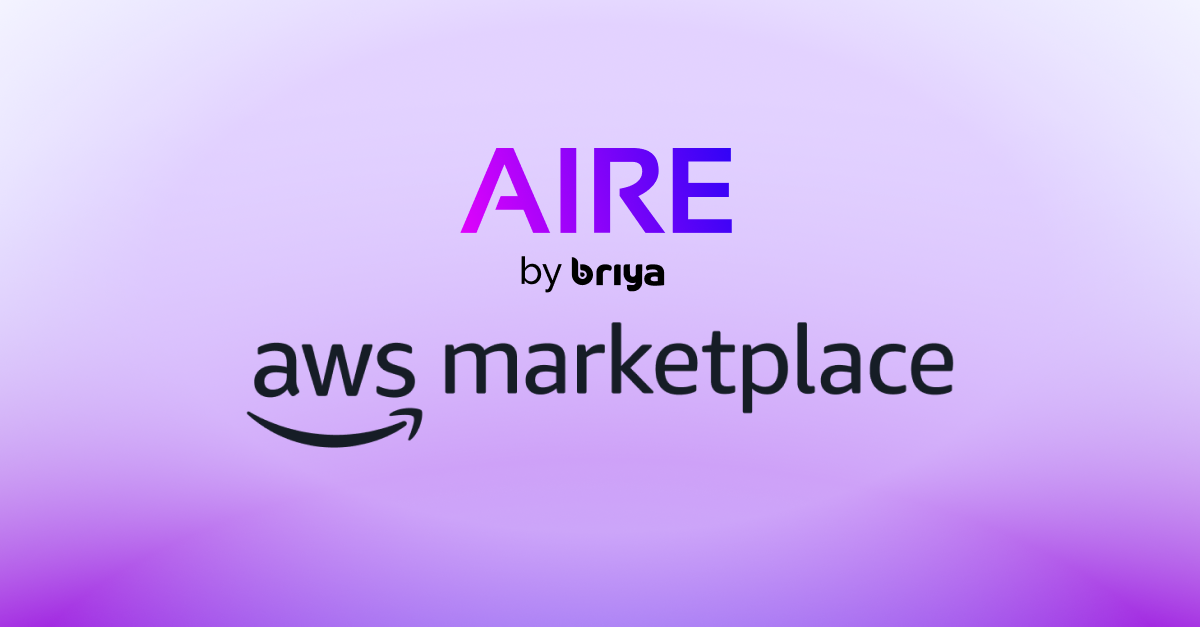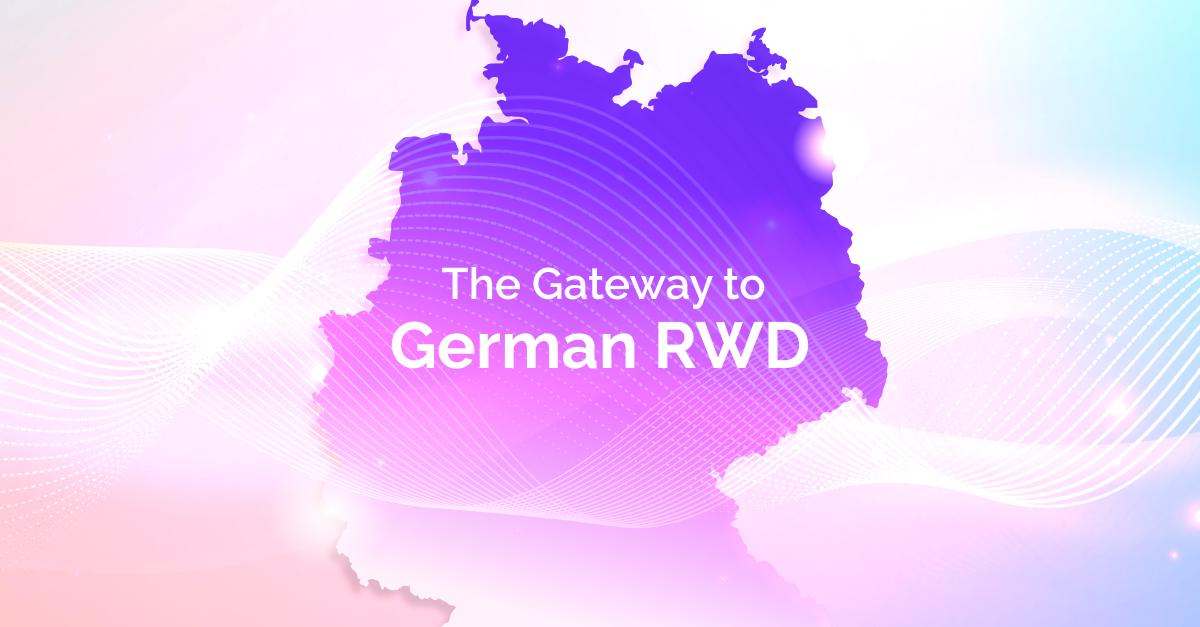It takes 8 to 12 months to gain access to the right medical data. In today’s fast-paced world, the timely availability of medical data is crucial for improving patient outcomes and advancing healthcare research. Delays in accessing real-world data can hinder the effectiveness of treatment plans, slow down the development of new therapies, and impede the overall progress in medical science. Let’s delve into why reducing the lag time in accessing medical data is essential.
Enhancing Patient Outcomes
One of the primary reasons for shortening the time to access medical data is to enhance patient outcomes. Real-time data allows healthcare providers to make informed decisions quickly, potentially saving lives and improving the quality of care. According to a study published in the Journal of Clinical Oncology, timely data can lead to better patient management and more effective treatments, particularly in cancer care where the window for optimal intervention can be narrow .
Accelerating Research and Development
Timely access to medical data is also pivotal in the research and development of new treatments. The traditional lag in obtaining real-world data can delay the identification of trends and the validation of hypotheses, thereby slowing down the entire R&D process. A blog by Clarivate highlights that reducing data lag can significantly enhance the efficiency of clinical trials and accelerate the development of new therapies .
Cost-Effectiveness
Delays in accessing data not only affect patient care and research but also have financial implications. The longer it takes to gather and analyze data, the more resources are consumed, increasing the overall cost of healthcare. By streamlining data access, healthcare organizations can reduce these costs and allocate resources more effectively, as noted in a study on the impact of real-time data on healthcare economics .
Improving Public Health Surveillance
Quick access to up-to-date medical data is critical for effective public health surveillance and response. During disease outbreaks, for example, having real-time data can help health authorities track the spread of the disease, identify hotspots, and implement targeted interventions. This was particularly evident during the COVID-19 pandemic, where timely data played a crucial role in managing the crisis .
Fostering Innovation
The availability of real-time data fosters innovation in healthcare. By providing researchers and developers with immediate access to comprehensive datasets, new insights can be gained, and innovative solutions can be developed more rapidly. Sharing medical data has the potential to unlock breakthroughs that could save lives and improve health outcomes worldwide .
So, How Can Briya Assist With this Goal?
Briya’s cutting-edge medical data retrieval network addresses the critical need for real-time access to high-quality, anonymized medical data. By leveraging Briya’s platform, healthcare providers and researchers can overcome the traditional delays and financial burdens associated with data access. Briya’s system ensures that data is readily available, securely managed, and seamlessly integrated, which significantly reduces the lag time in accessing vital information. This allows for quicker decision-making, more efficient research processes, and ultimately better patient outcomes. With Briya, the healthcare industry can harness the full potential of real-time data to drive innovation and improve public health on a global scale.
Conclusion
As the healthcare industry continues to evolve, leveraging real-time data will be a critical component in advancing medical science and delivering better care to patients. By understanding and addressing the challenges associated with data access delays, we can pave the way for a more efficient, innovative, and effective healthcare system.
References
- Journal of Clinical Oncology – https://www.ncbi.nlm.nih.gov/pmc/articles/PMC3876722/
- Clarivate Blog – https://clarivate.com/blog/reducing-real-world-data-lag-time-for-improved-patient-outcomes/
- Real-World Data Impact Study – [https://www.ncbi.nlm.nih.gov/pmc/articles/PMC7012444/
- COVID-19 Data Utilization Study – https://www.ncbi.nlm.nih.gov/pmc/articles/PMC7012444/
- ResearchGate Publication – https://www.researchgate.net/publication/313543289_How_sharing_your_medical_data_could_save_your_life




